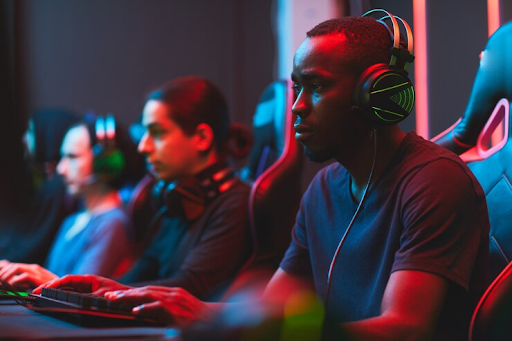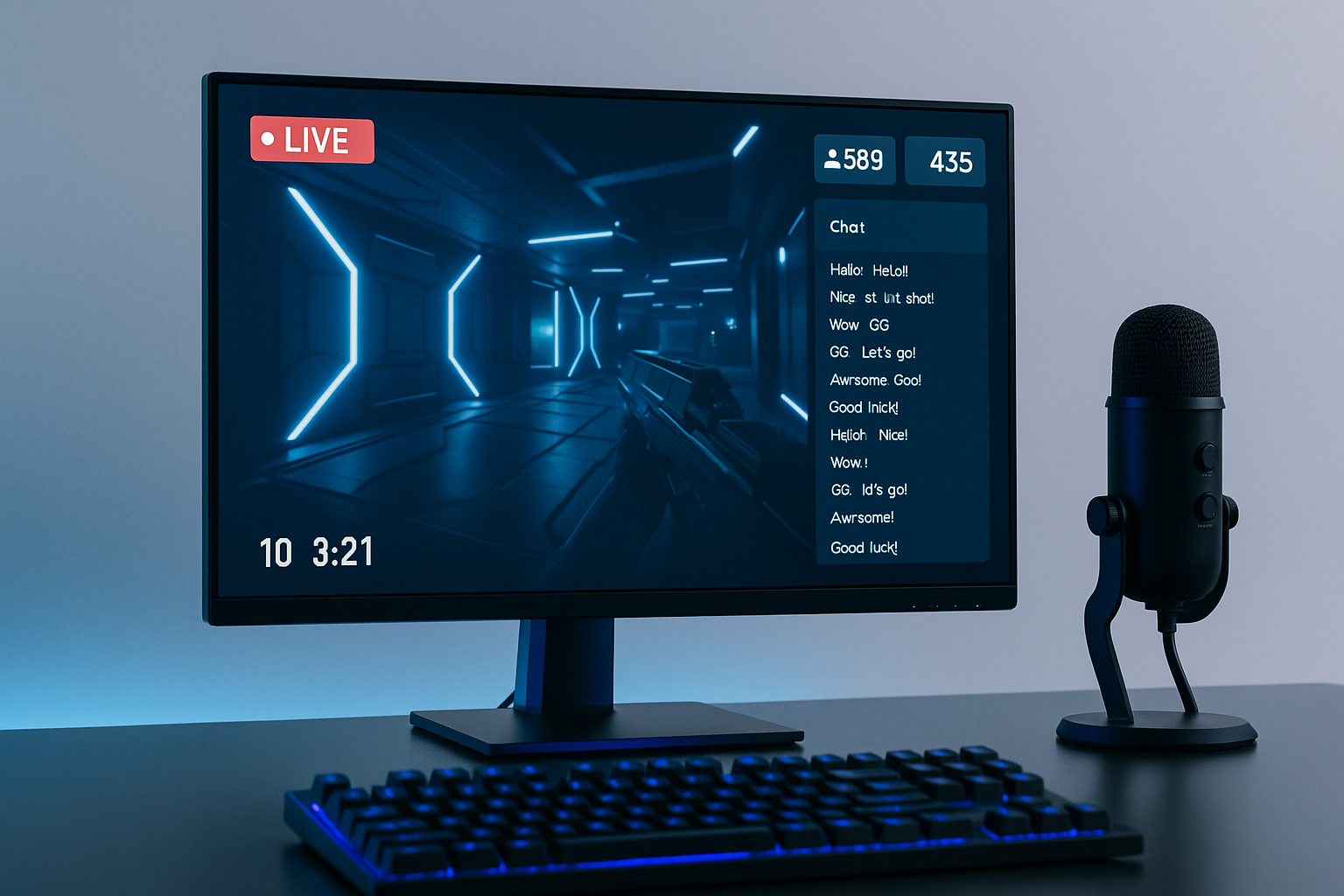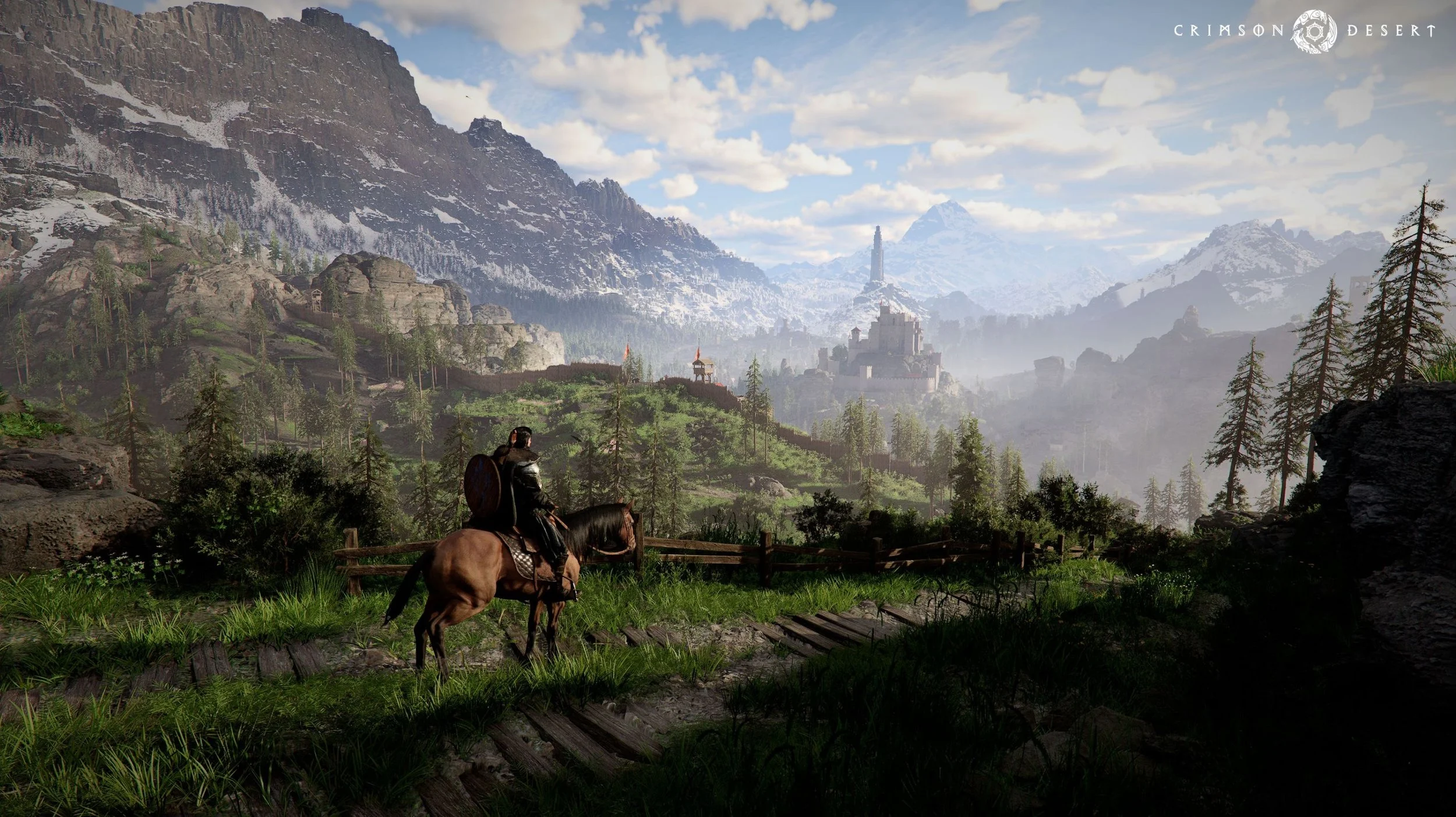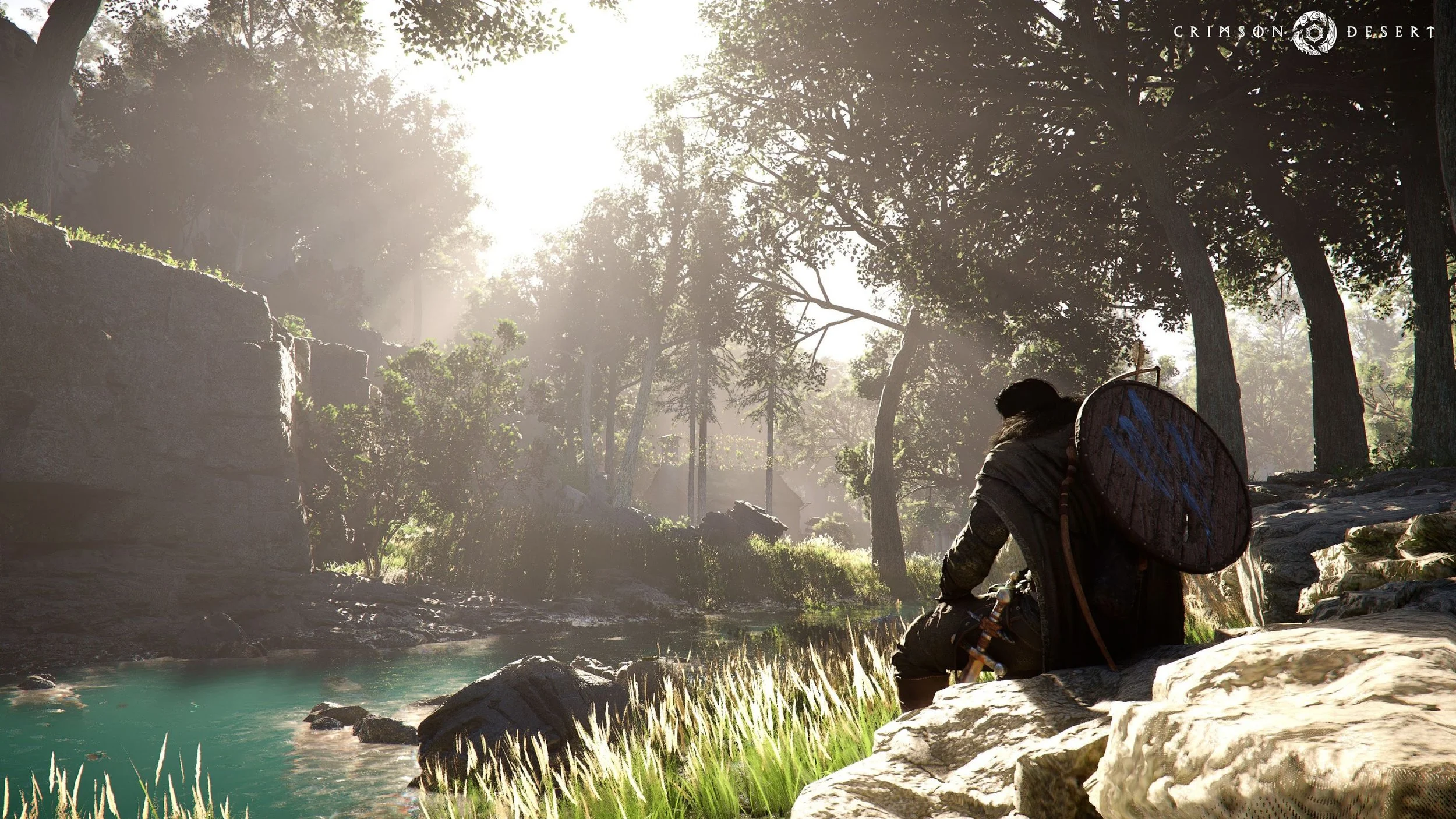The gaming industry has exploded into a multi-billion-dollar global phenomenon, fueled by innovations in technology and a growing audience of passionate players. From console and PC gaming to mobile apps and online multiplayer experiences, the competition within this dynamic market is fierce. While talent and creativity are essential to creating captivating games, the success of a title often depends on how well it’s marketed and discovered by players.
Search Engine Optimization (SEO) has become a cornerstone of digital marketing, especially for industries like gaming, where visibility is everything. SEO doesn’t just help brands appear on search engines—it drives organic traffic, builds trust, and cultivates a loyal community of fans. Even businesses in smaller locales can benefit, as those offering SEO services in Midland understand how to tailor strategies for specific demographics, helping local game developers and distributors compete on a global stage.
In this article, we’ll explore why SEO is a must-have for gaming companies, share actionable tips, and shed light on the trends shaping the industry’s digital landscape.
Why SEO Matters in the Gaming Industry
SEO is the digital equivalent of leveling up—it gives your gaming business the tools it needs to outperform competitors and engage with a wider audience. Here’s why SEO is indispensable:
1. Gamers Are Online Search Experts
The gaming audience is tech-savvy. They actively search for game reviews, updates, walkthroughs, and news. Ranking high on search engines ensures your content meets them at the moment of their interest.
2. A Long-Term Investment in Visibility
Unlike paid advertising, which provides short bursts of visibility, SEO offers lasting results. A well-optimized website or blog can continue to attract organic traffic long after it’s published.
3. Building Authority in a Crowded Space
Gaming enthusiasts value credibility. When your site consistently appears as a trusted source of information, it reinforces your brand’s authority within the community.
4. Increasing Engagement and Conversions
Good SEO doesn’t just bring players to your site—it keeps them there. With engaging content and a seamless user experience, visitors are more likely to explore your offerings, subscribe to updates, or make a purchase.
Essential SEO Strategies for the Gaming World
1. Build a Fast, User-Friendly Website
The gaming community has little patience for slow-loading or poorly designed websites. If your site doesn’t perform well, potential players will leave before they even see your content.
Optimize Loading Times: Compress images, use lazy loading, and leverage Content Delivery Networks (CDNs) to serve data faster.
Focus on Mobile Responsiveness: With mobile gaming on the rise, your site must provide a smooth experience on all devices. Responsive design is critical.
Make Navigation Simple: Organize content into clear categories such as “Latest Updates,” “Game Reviews,” or “Download Now” to make it easy for users to find what they need.
2. Target the Right Keywords
Keyword optimization is the backbone of any SEO strategy. But in the gaming industry, the focus should be on understanding gamer behavior and using their language effectively.
Research Trends: Use tools like Google Trends or keyword research platforms to identify trending gaming topics and queries.
Incorporate Gaming-Specific Phrases: Optimize for queries such as “best RPG games for 2025” or “FPS games with cross-platform play.”
Use Natural Language: Gamers search conversationally, especially with the rise of voice search. Tailor content to answer questions like “What’s the best strategy for leveling up in [Game Name]?”
3. Create Valuable, Shareable Content
Content marketing plays a pivotal role in driving organic traffic and engagement. Focus on creating content that resonates with your audience:
Write Tutorials and Walkthroughs: Help players navigate tricky levels or master complex mechanics.
Post Game Reviews and Comparisons: Gamers frequently search for reviews before purchasing new titles.
Leverage Live Streams and Video Content: Platforms like YouTube and Twitch dominate the gaming space. Create trailers, gameplay highlights, or Q&A sessions to engage with your audience visually.
Social Media: A Key Ally to SEO
SEO and social media form a powerful duo in the gaming industry. While social media doesn’t directly affect search rankings, it boosts visibility and amplifies your SEO efforts.
Share and Promote Content
Once you publish SEO-optimized blogs or videos, promote them across social platforms like Twitter, Instagram, and Reddit. These platforms can drive immediate traffic to your site.
Build a Community
Gaming thrives on community interaction. Use social channels to foster discussions, host giveaways, or create polls. Engaged followers are more likely to share your content, expanding its reach.
Leverage User-Generated Content
Encourage your audience to create and share fan art, mods, or gameplay clips. This not only strengthens your brand’s presence but also boosts organic backlinks to your website.
Analytics: The Secret Weapon for SEO Success
Understanding how players interact with your content is essential for refining your SEO strategy. Analytics tools provide insights into your audience’s behavior, allowing you to optimize your content and campaigns effectively.
Key Metrics to Track:
Traffic Sources: Identify whether players are finding your site through search engines, social media, or direct visits.
Bounce Rates: High bounce rates might indicate that your site isn’t meeting user expectations.
Keyword Rankings: Monitor how well your target keywords are performing and adjust your strategy as needed.
Session Duration: Longer session times indicate higher engagement levels.
Experiment and Adapt
Use A/B testing to experiment with different headlines, layouts, or call-to-action buttons. Continuous testing ensures your site evolves with player preferences.
Emerging SEO Trends in the Gaming World
1. Voice Search Optimization
Voice search is reshaping SEO, especially for gaming-related queries. Gamers often ask specific questions like “How do I beat the final boss in [Game Name]?” Use conversational, question-based keywords to capture this audience.
2. Local SEO for Gaming Hubs
For businesses tied to a location, such as gaming cafes or local eSports events, local SEO is crucial. Optimize for “near me” searches and include your city or region in keywords.
3. AI-Powered Personalization
AI tools are transforming content creation and user experience. Use AI-driven analytics to gain insights into player preferences and tailor content accordingly.
4. Visual SEO and AR/VR Content
The gaming industry increasingly integrates augmented and virtual reality. Optimize your site for visual searches and invest in AR/VR-friendly content to stay ahead.
The Future of Gaming SEO
As the gaming industry continues to grow, so does the importance of SEO in shaping its future. The digital landscape is constantly evolving, and businesses that adapt quickly will reap the rewards. By staying informed about emerging trends, refining your strategies, and maintaining a strong online presence, you can set your gaming brand apart in an increasingly competitive market.
Conclusion: Embrace SEO as Your Ultimate Power-Up
SEO is no longer optional in the gaming industry—it’s a necessity. Whether you’re launching a new game, promoting an established title, or running a gaming blog, optimizing your digital presence is key to reaching your audience and driving success.
With a mix of technical expertise, strategic content, and data-driven decisions, you can build an online presence that not only attracts players but also keeps them engaged. The gaming world moves fast—don’t let your brand fall behind. Invest in SEO and watch your online presence reach the next level.





















